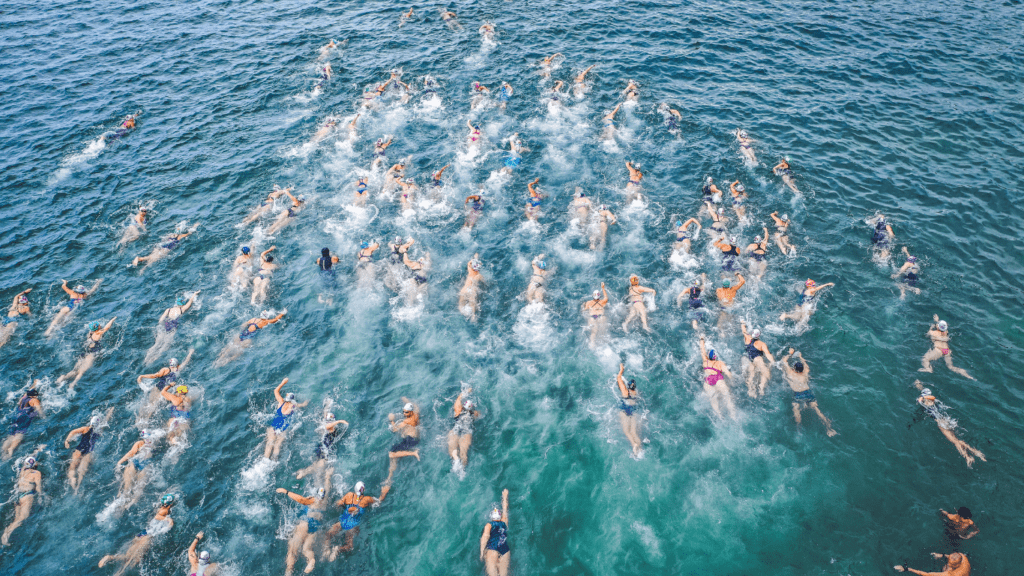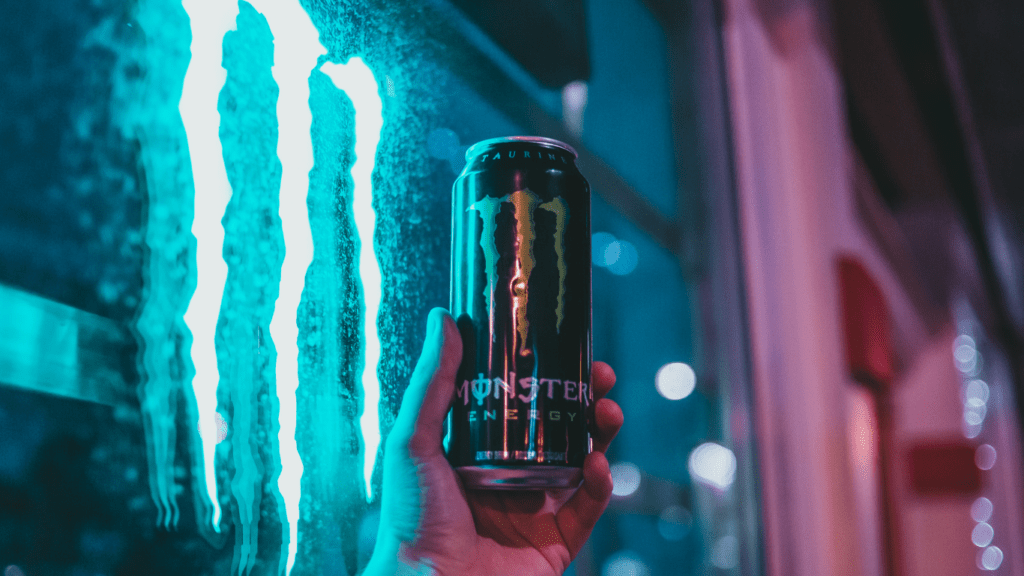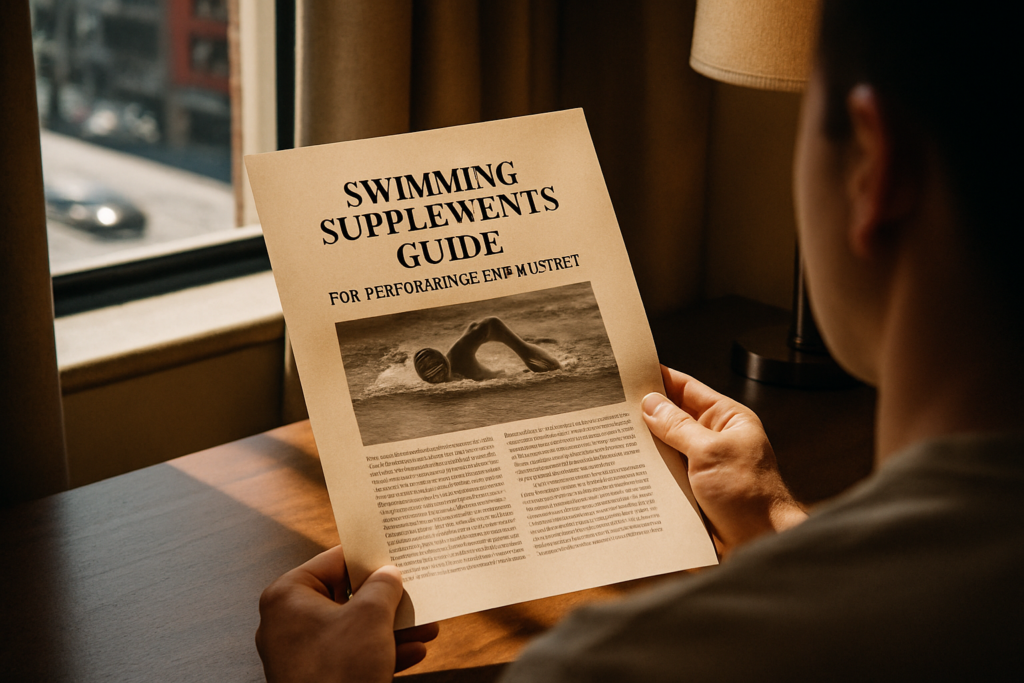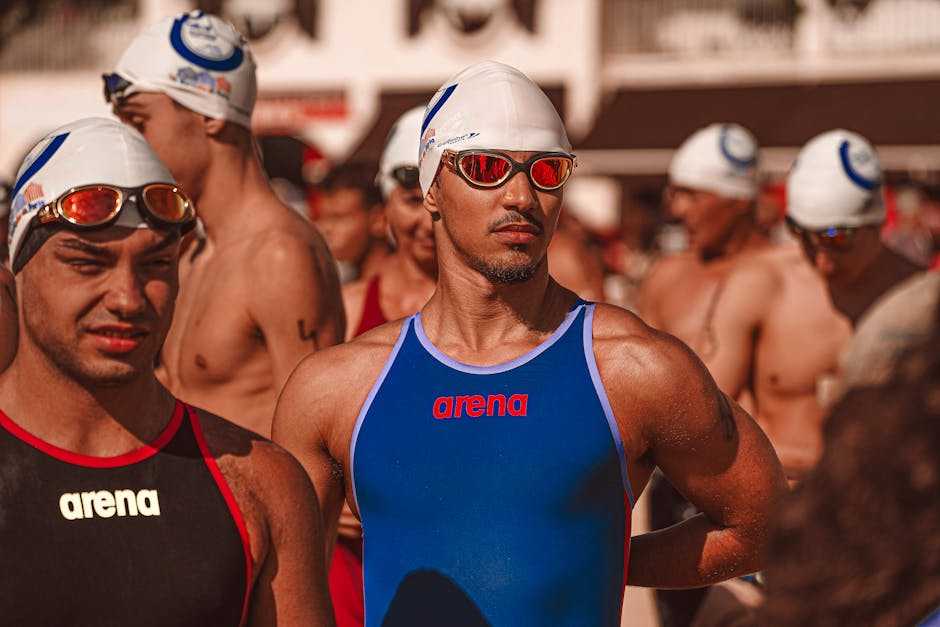Swimming is a demanding sport that requires peak physical performance, and one crucial factor that can impact an athlete’s abilities is the balance of electrolytes in their body. As a competitive swimmer myself, I understand the significance of electrolytes in optimizing performance in the water.
Electrolytes, such as sodium, potassium, and chloride, play a vital role in maintaining proper muscle function, nerve signaling, and hydration levels during intense swimming sessions. In this article, I’ll delve into how electrolyte imbalances can affect swimmers’ performance and provide insights on how to ensure optimal electrolyte levels for enhanced results in the pool.
Stay tuned to discover the essential role electrolytes play in swimming performance and how you can leverage this knowledge to improve your own swimming abilities.
Understanding Electrolytes and Their Functions
I’ve been swimming competitively for years, and one crucial aspect of optimizing performance in the water is understanding the role of electrolytes. Let’s dive into what electrolytes are and how they support vital bodily functions.
What Are Electrolytes?
Electrolytes are essential minerals that carry an electric charge when dissolved in bodily fluids like blood and sweat. These minerals include sodium, potassium, chloride, calcium, and magnesium. They play a significant role in maintaining proper fluid balance, regulating nerve and muscle function, and controlling the body’s pH levels.
How Do Electrolytes Support Bodily Functions?
Electrolytes are key players in several bodily functions critical for swimmers. Sodium and potassium help regulate fluid balance, nerve signaling, and muscle contractions, which are all crucial for peak swimming performance. Chloride is essential for maintaining proper hydration levels and pH balance, while calcium and magnesium support muscle function, including relaxation and contraction. Proper electrolyte levels are vital for sustaining energy levels, preventing cramps, and ensuring efficient oxygen delivery to muscles during intense swimming sessions.
The Importance of Electrolytes in Sports
Electrolytes play a vital role in supporting athletic performance, particularly in sports like swimming where endurance and stamina are crucial. As a competitive swimmer, I recognize the significance of maintaining proper electrolyte balance to enhance my performance in the pool.
Electrolytes’ Impact on Muscle Function
Electrolytes, such as sodium, potassium, and magnesium, are essential for muscle function in swimmers. These minerals help regulate muscle contractions, which are fundamental for propulsion and movement in the water. As I swim, electrolytes contribute to efficient muscle performance, ensuring optimal speed and endurance during training and competitions.
Hydration and Athletic Performance
Hydration is key to athletic performance, and electrolytes play a pivotal role in maintaining proper fluid balance in the body. As a swimmer, staying hydrated is essential to prevent dehydration, muscle cramps, and fatigue. Electrolytes like sodium and chloride help retain fluid and support hydration, enabling me to perform at my best and sustain energy levels throughout demanding swimming sessions.
Electrolytes and Swimming Performance

Swimming places significant demands on the body, requiring optimal levels of electrolytes to support peak performance. In professional swimming, maintaining the right balance of minerals like sodium, potassium, and magnesium is crucial for sustaining fluid balance, nerve function, and muscle contractions. Adequate electrolytes play a vital role in enhancing endurance and speed during intense training and competitions.
The Demands of Swimming on the Body
Swimming exerts immense physical strain on the body, necessitating efficient electrolyte levels to support various physiological functions. Electrolytes such as sodium and potassium are essential for proper nerve signaling and muscle contractions, enabling swimmers to perform at their best levels. Achieving the right electrolyte balance is imperative to prevent fatigue, cramping, and dehydration, ensuring consistent energy levels throughout training sessions and races.
Case Studies: Electrolytes in Professional Swimming
Professional swimmers rely on optimal electrolyte levels to achieve peak performance in their careers. Case studies have shown that strategic electrolyte intake, particularly sodium and chloride, can significantly impact hydration status and muscle function, leading to improved endurance and speed in competitive swimming. Maintaining electrolyte balance through suitable hydration practices is essential for enhancing overall swimming performance and achieving success in elite swimming competitions.
Optimizing Electrolyte Intake for Swimmers
As a swimmer looking to excel in performance, ensuring optimal electrolyte intake is crucial.
Recommended Electrolyte Sources for Swimmers
When it comes to obtaining electrolytes essential for swimming performance, focusing on specific sources is key. Some of the best sources of electrolytes for swimmers include:
- Bananas: Rich in potassium, which aids in muscle function and hydration.
- Spinach: Packed with magnesium that supports nerve function and muscle contractions.
- Nuts and seeds: Good sources of calcium, crucial for muscle contractions and overall bone health.
- Sports drinks: Provide a quick and convenient way to replenish electrolytes during and after swimming sessions.
- Coconut water: A natural and refreshing option that offers potassium and magnesium for hydration and muscle support.
Balancing Electrolytes Before, During, and After Swimming
Maintaining electrolyte balance throughout your swimming regimen is vital for optimal performance. Here’s how to balance electrolytes effectively:
- Before swimming: Consume a balanced meal incorporating electrolyte-rich foods to prepare your body for the upcoming physical activity.
- During swimming: Stay hydrated with electrolyte-infused beverages or snacks to replace lost minerals through sweat and maintain performance levels.
- After swimming: Replenish electrolytes lost during the workout by consuming a post-swim snack or meal containing essential minerals to support muscle recovery and hydration.
By prioritizing the intake of electrolyte-rich foods and beverages before, during, and after swimming sessions, swimmers can enhance their performance and recovery, ultimately leading to improved results in competitions.


 is a passionate advocate for fitness and healthy living, blending her expertise in swimming with a dedication to overall wellness. With years of experience both in and out of the pool, she offers valuable insights on effective workout routines, nutrition, and lifestyle habits that support peak performance and vitality. Rosamie’s writing is characterized by its practical advice, encouraging readers to adopt sustainable habits for long-term health and fitness. She frequently shares her personal journey and success stories to motivate others, and her articles often include actionable tips that readers can easily incorporate into their daily lives. By focusing on a holistic approach to fitness, Rosamie aims to help individuals not only achieve their athletic goals but also cultivate a balanced and fulfilling lifestyle.
is a passionate advocate for fitness and healthy living, blending her expertise in swimming with a dedication to overall wellness. With years of experience both in and out of the pool, she offers valuable insights on effective workout routines, nutrition, and lifestyle habits that support peak performance and vitality. Rosamie’s writing is characterized by its practical advice, encouraging readers to adopt sustainable habits for long-term health and fitness. She frequently shares her personal journey and success stories to motivate others, and her articles often include actionable tips that readers can easily incorporate into their daily lives. By focusing on a holistic approach to fitness, Rosamie aims to help individuals not only achieve their athletic goals but also cultivate a balanced and fulfilling lifestyle.
